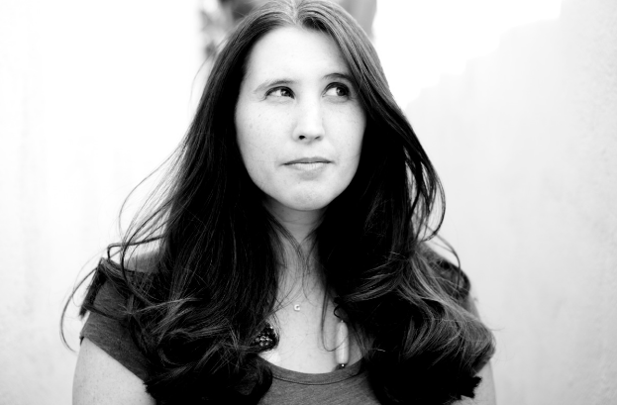 Image courtesy of the author
Image courtesy of the author
Are you making six figures a year with your songs? If the answer is "no," I can show you a way how. I've personally licensed songs hundreds of times for myself, and I represent other artists as well. There are tons of opportunities for indie artists to license their songs to TV, film, and ads.
I moved out to LA 13 years ago and tried to get a record deal like everyone else. I landed one and figured out very quickly that it was much less glamorous than we all had thought. Today, label deals are much different than they were 15 or 20 years ago, and given the DIY landscape of things, artists can carve out a much better career for themselves doing things on their own.
Licensing music is a huge source of income and exposure. It's a viable way for artists to make music they love and have it featured in ads, shows, and films that already have a huge following, which generates instant fans.
I've created a list of the six most common mistakes songwriters make when trying to license their songs. Here's some food for thought.
- Writing songs without a clear understanding of what the client wants. Usually, artists write a song about any given topic that's inspiring them at the moment and then try to see if it can be licensed, but that's not a very effective strategy. Research what the client wants so that you have a better chance of creating songs that get placed.
- Producing a song without an understanding of what will work cinematically for the pacing, feel, and vision of the scene they're pitching to. There are dynamics and various techniques that make a song bring the picture to life. Production and arrangement play just as big a role as the content of the song itself.
- Sending long-winded emails to licensing agents. It's important to remember you're emailing a human being, so you want to make a good first impression in your pitch email.
- Striking bad deals with producers. So many artists are frustrated because they feel they lack the funds to make the quality of music they want. In my course, I explain how to be creative when structuring deals with producers so that you can continue to create as much music as possible.
- Writing five songs a year and waiting to see what happens. You may feel frustrated that it's not working and want to give up, but it's so important to stay in action and hone your craft.
- Trying to be perfect at everything instead of being resourceful and finding great collaborators. It's important to know what you're great at and find collaborators who complement your skill set. Successful people don't try to do it all – they know who to call in order to make it fantastic.
Learn more about licensing your music:
- 4 Ways That Getting a Sync License Can Jumpstart Your Music Career
- Breaking Down a Music License Agreement: What You Need to Know Before You Sign
- 5 Steps to Music Licensing Success
- Should Artists Accept Gratis Licenses for Film and TV Placements?
- How to Write a 'Licensable' Song for TV
Cathy Heller has licensed her songs hundreds of times to ads, TV, and films for entities like Walmart, McDonald's, Kellogg's, Hasbro, and shows like Criminal Minds, Switched at Birth, and Pretty Little Liars. She's been featured in Variety, Billboard, and LA Weekly. She's spoken at Berklee College of Music, the Billboard Film/TV Conference, the ASCAP Expo, and UCLA. Now, she's offering all she knows to any artist who wants to learn. You can find out more about her course at 6figuresongwriting.com and cathyheller.com.


